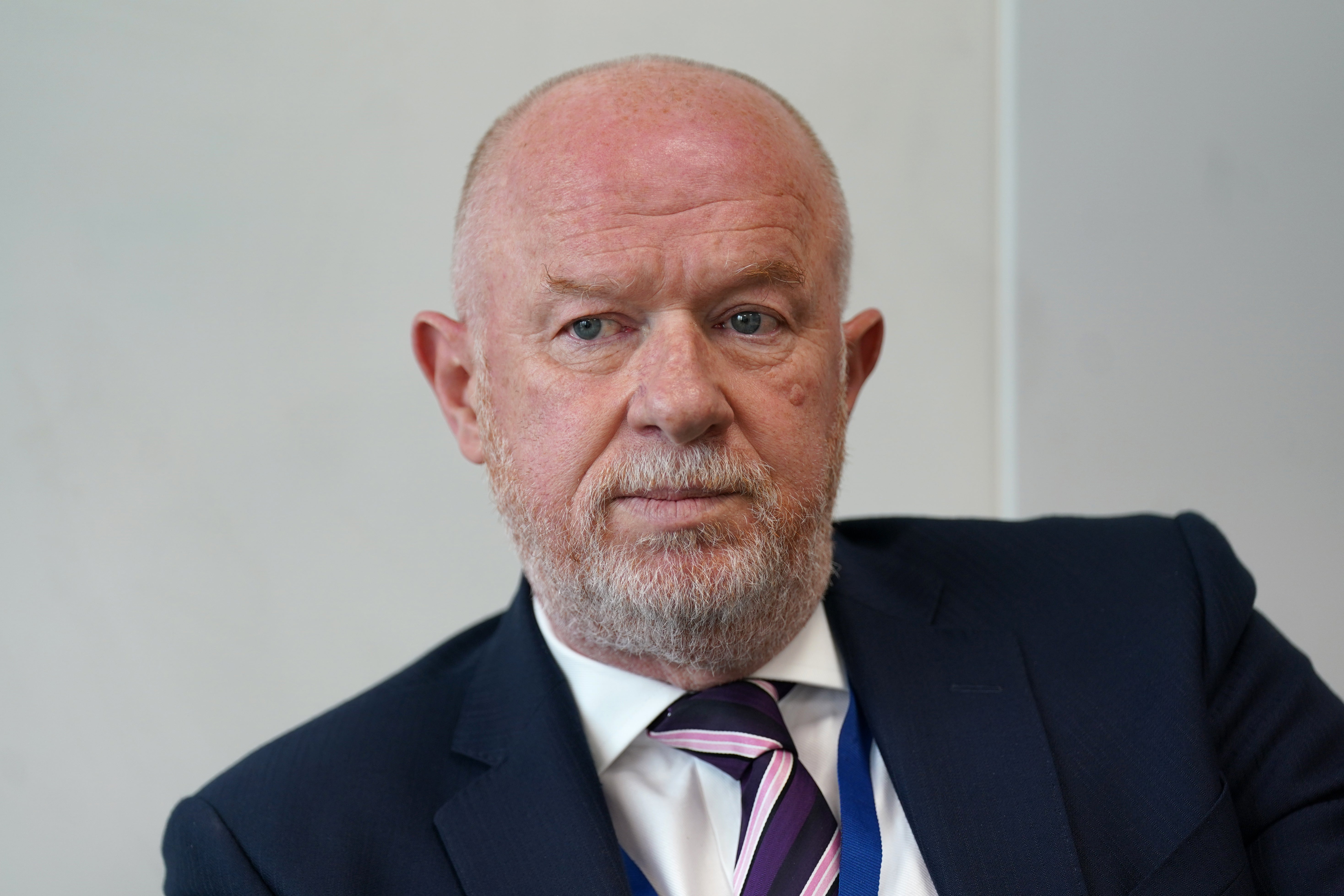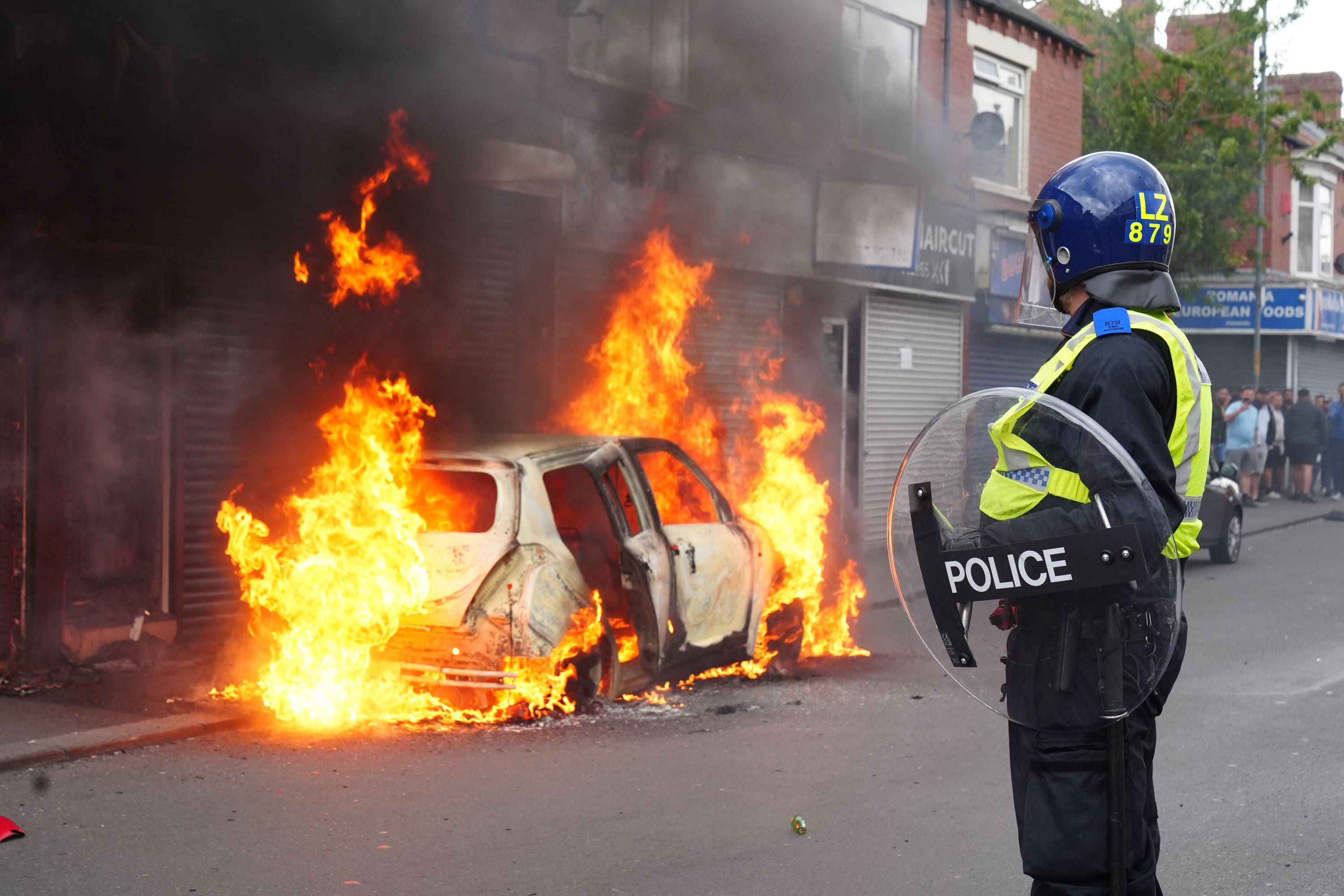
Social media giants must show responsibility and take swifter action to remove misleading posts, a police watchdog has said.
His Majesty’s Chief Inspector of Constabulary, Sir Andy Cooke, said misinformation and disinformation spread on social media, and left up for too long, helped fuel the disorder seen across England last summer.
He said that while dramatic events naturally fuel greater use of social media sites, tech companies bear a responsibility to prioritise public safety.
“It is great for them, but they’ve got to have social responsibility as well,” he said.
“These companies have got to have responsibility, irrespective of whether they are led from China, led from America.”
He called for regulator Ofcom to get beefed-up powers to take posts down more quickly, and said the Online Safety Act has “little or no bearing on the real-time effects of online content during instances of rapidly evolving widespread disorder”.

“Ofcom needs to have the proper capacity and capability to (get posts taken down) quickly if it’s going to be effective,” Sir Andy said.
“And in a national disorder issue like you saw, the speed of some of these posts that are going up makes it really difficult to get them down quickly.
“If you don’t get them down quickly, they spread virally.”
Laws around what is classed as inciting public disorder should also be tightened up so that there are tougher consequences for those who knowingly post false information online, he said.
He spoke to journalists as the watchdog’s second report on the policing response to last summer’s riots was published.
The report found that forces had not heeded recommendations given by the inspectorate in 2011 and 2021 about intelligence relating to disorder, as well as dealing with social media.

Force chiefs need to be prepared to counter false information or a lack of information with the truth, Sir Andy said, and should consider how to be more open with journalists from established mainstream media outlets about all major investigations.
“Forces can’t control or counter the speed and volume of online content, that goes without saying, but they need to better appreciate how fast-moving events will require them to counter the false narratives online and be innovative in their approach.
“They need to fill the information void that we saw throughout this disorder that was filled with so much misinformation and disinformation, because that misinformation, disinformation, could go viral very, very quickly.
“So policing cannot be passive when public safety is at risk.”
Some forces have an “exceptionally limited” ability to deal with content online due to a lack of resources, the report said.
The disorder was predictable, despite national assessments that said the risk of unrest was low.
“National police intelligence assessments didn’t correctly assess the risk and threat to public safety from a rising tide of disorder,” the report found.
“Grading the threat and risk of disorder as ‘low’ was wrong and influenced the timeliness of national mobilisation decisions.”
It said the lack of a police intelligence network dealing specifically with disorder is a problem, and called for a return to neighbourhood policing so that officers are more aware of tensions that may be simmering in their area.







